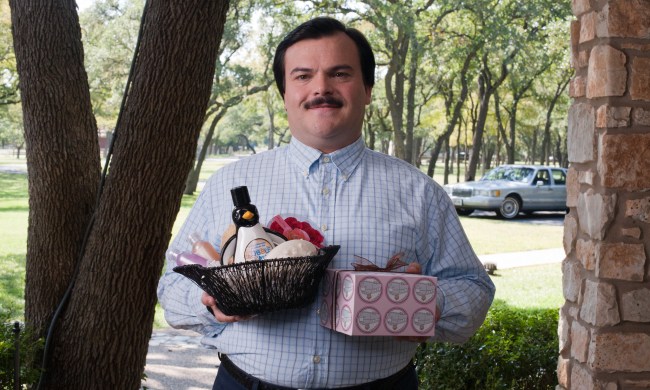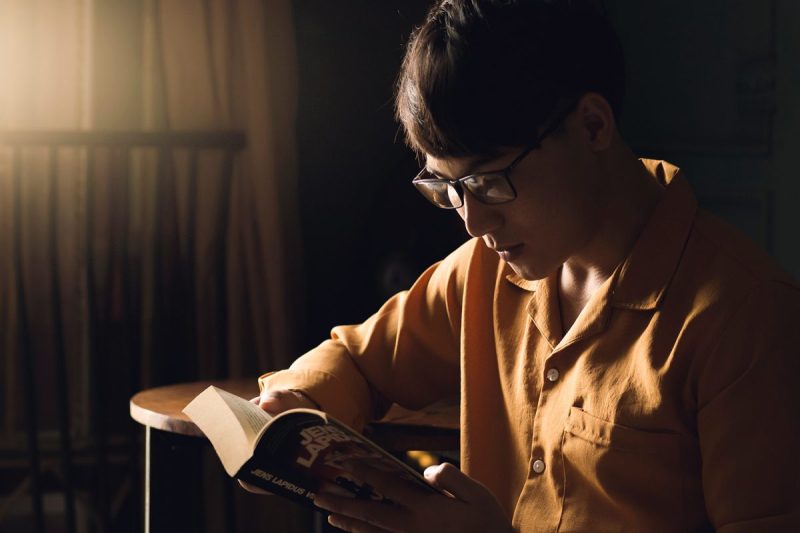
If you’re like most people these days, if asked what the best poetry books are out there right now, or were asked for a recommendation, you’d have absolutely no clue what to say. But you used to. Think about it. “What do we read to our children every night?” asked Derek Sheffield, Poetry Editor of Terrain.org (and author of the collection of poetry Not for Luck
And maybe you don’t think of poetry as important in our era, given the news cycle blur, social platforms aplenty, our personal daily grinds, and the explosion of media of all types. But how do humans mark our major moments? “We still turn to poetry at the moments of greatest personal and cultural significance,” said Sheffield. We rely on carefully crafted words to make sense of life.
Now, to be fair, he’s a guy who has spent a lifetime with the art form, while most of us tend not to read much poetry after those nursery rhyme years. If you haven’t picked up a book of poetry since 10th grade English, now is a good time to give it another go. Here are the best poetry books that will have you feeling intellectual, sophisticated, and thinking about more than things like what you’re going to have for dinner.
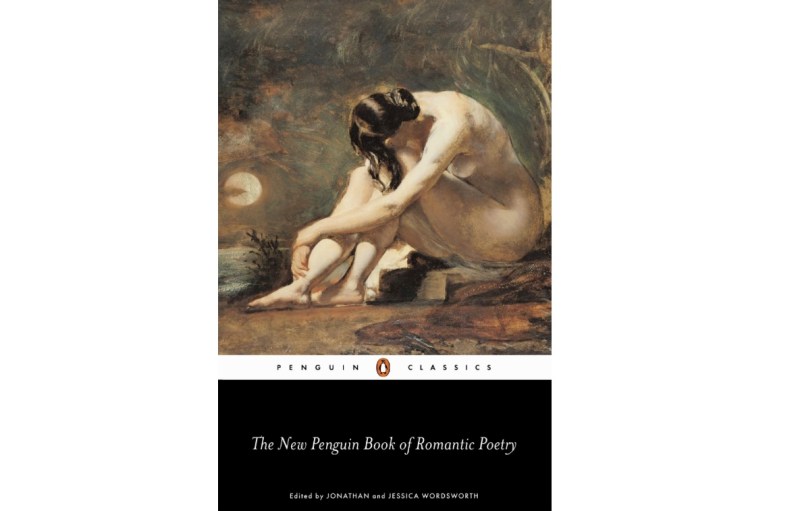
The Penguin Book of Romantic Poetry
Alright, yes, a lot of Romantic poetry is dated, over-the-top, and a bit ridiculous, but it’s also wonderful. The flourishes and melodrama that might miss the mark today were all an important part of the development of the art into its modern form. Without “Ode on a Grecian Urn,” there may have been no “Howl.” So, if you want to appreciate poetry, you have to respect the roots.
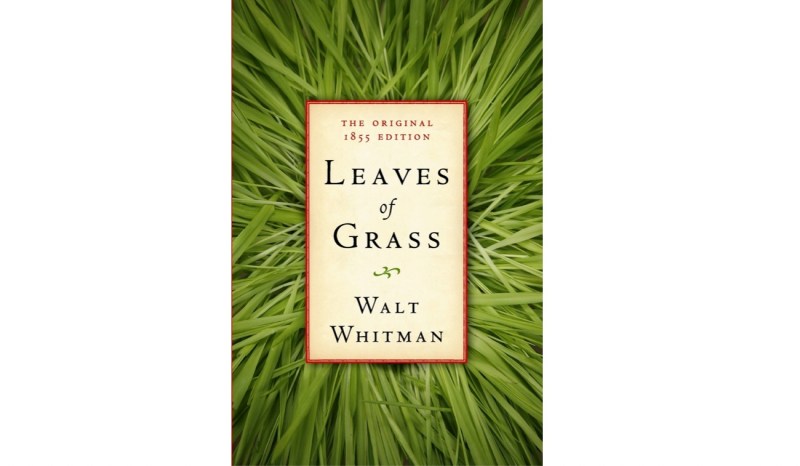
Leaves of Grass – Walt Whitman
Modern American poetry arguably began with Walt Whitman, and his fluid, often manic but still joyful words spring off the pages with as much excitement for the modern reader as they did more than 150 years ago. Far from a relic of a bygone era, Whitman and his words are vital today, not in a timeless sense, but in a timely sense.
If there is one great takeaway from this great collection, it’s that we are all in it together, and aren’t we ever thus? “Listener up there! Here you… what have you to confide in me? | Look in my face while I snuff the sidle of evening, | Talk honestly, for no one else hears you, and I stay only a minute longer.”
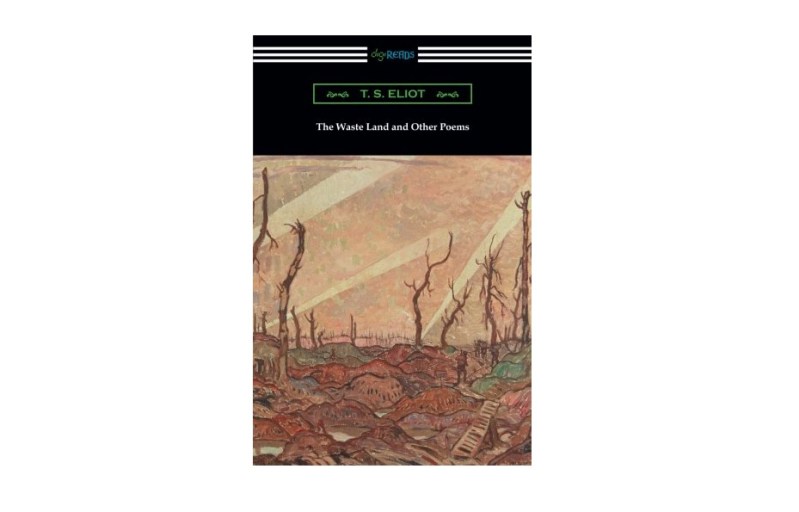
The Waste Land and Other Poems – T.S. Eliot
Yes, “The Waste Land” is Eliot’s best-known poem, and rightly so. It is epic, it references a myriad of works from the past while commenting on its present, it’s competent throughout and at turns excellent, and so much more. But it’s not the best poem in this collection.
That’s arguably “The Love Song of J. Alfred Prufrock,” which reads fresh even 111 years on. But read the collection through as a whole and what will strike you is that it does not feel dated. Sub in a smartphone for the “Boston Evening Transcript,” for example, and you’ll see yourself (and all of us) right there in the poem.
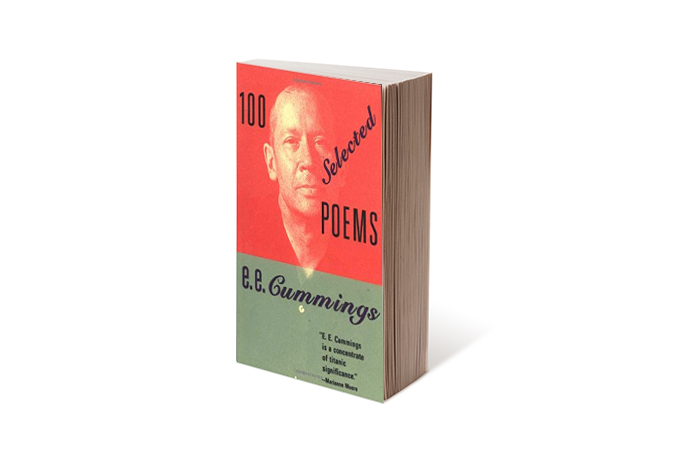
100 Selected Poems – e.e. cummings
To fully embrace and enjoy e.e. cummings, you need to get over the punctuation, syntax, word placement, and grammar, or rather the lack thereof. Yes, he played with form. Yes, he broke rules and made up new ones of his own. But it wasn’t to be cute or campy or to confuse in order to feign profundity.
Edward Estlin Cummings, author of nearly 3,000 poems (as well as books and plays), just really hated being bogged down by the order of things. His free-form approach to syntax and grammar was not the point, rather a removal of barriers to the point, which was what the words said and how they made the reader feel.
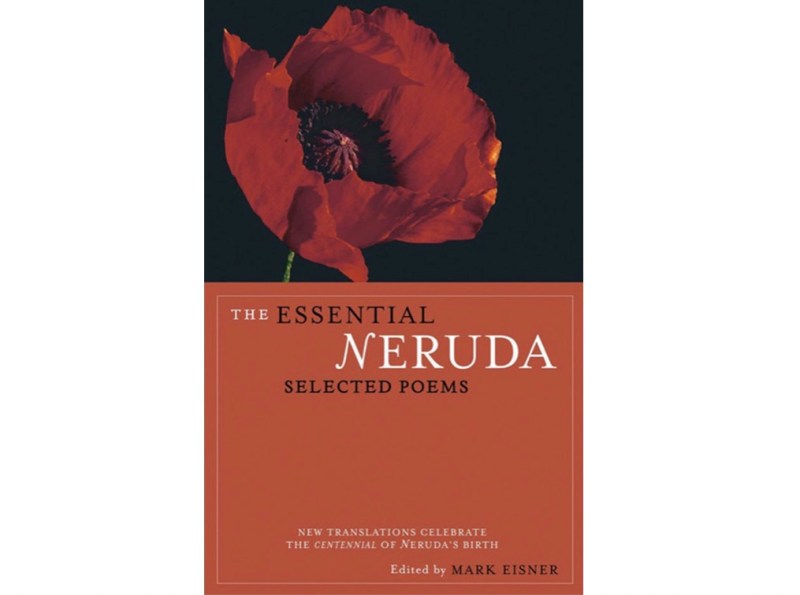
The Essential Neruda – Pablo Neruda
Though this 2004 volume was published on the hundredth anniversary of Chilean poet Pablo Neruda’s birth, the writing doesn’t feel old at all. Rather, the work of the Nobel Prize winner is filled with heartache that knows no age in terms of history and of a human beings’ years.
His poems are often filled with a sadness in which we find a companion to aid in our own grieving: “On nights like this I held her in my arms. | I kissed her so many times beneath the infinite sky….. My soul is not at peace with having lost her.”
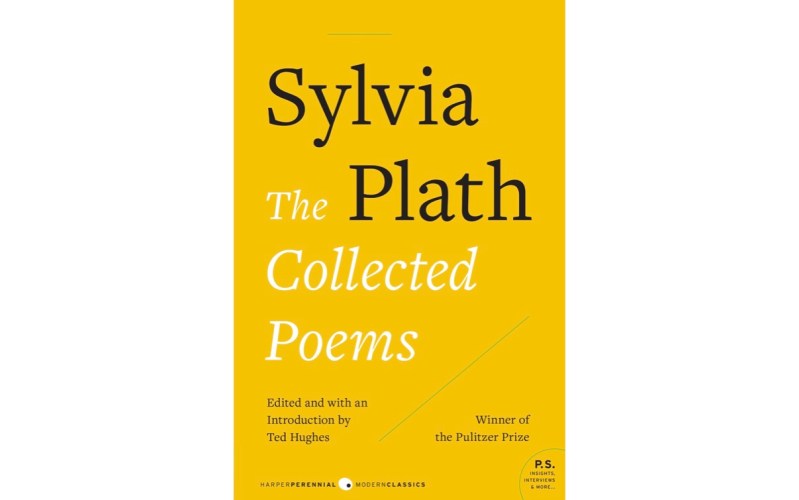
The Collected Poems – Sylvia Plath
Sylvia Plath’s poetry is something of a bridge spanning the realm of classic and modern. Her diction reads almost 19th Century, while her meaning was often ahead of its time. This Pulitzer Prize-winning collection is a gift to the ages from an ageless poet whose short life was a misery, but which enriches ours, and will surely still do so for future generations.
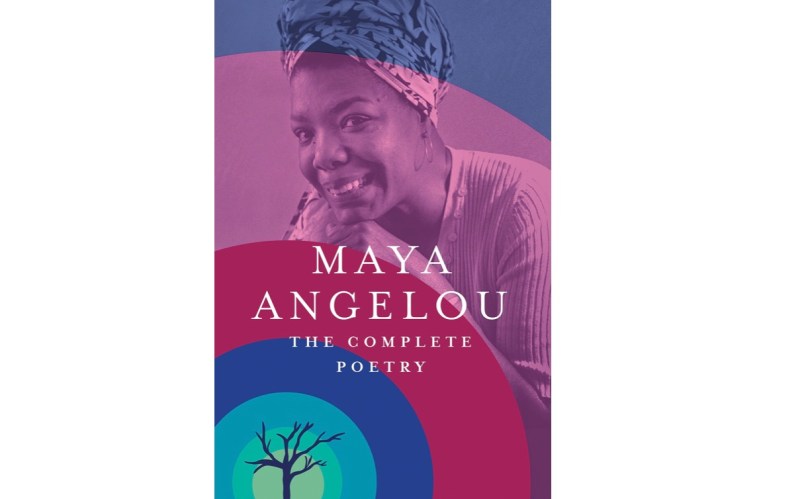
The Complete Poetry – Maya Angelou
When you think of Maya Angelou, you likely think of her as a novelist. Or rather multi-award winning, voice of a generation novelist. Her poetry was often spare of, in terms of word count, yet drip with rich meaning. Read the 66-word poem “In a Time” and you will see exactly what that means. And you will see within that poem (and many more) a depth several times deeper, despite it being all of 12 lines of verse.
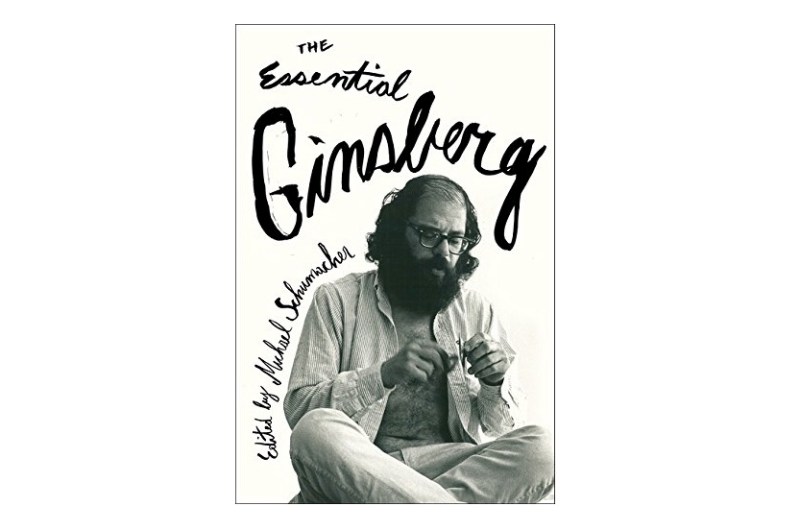
The Essential Ginsberg – Allen Ginsberg
Allen Ginsberg was a thoroughly modern artist who used his status as a recognized public figure to advance causes ranging from the sexual revolution to human rights to religious freedom (or freedom from religion) and beyond. But to think of him first as an activist and second as a poet is to get it backward: first and foremost, the outspoken man was an amazing writer of poetry in an era where poetry drew more clout.
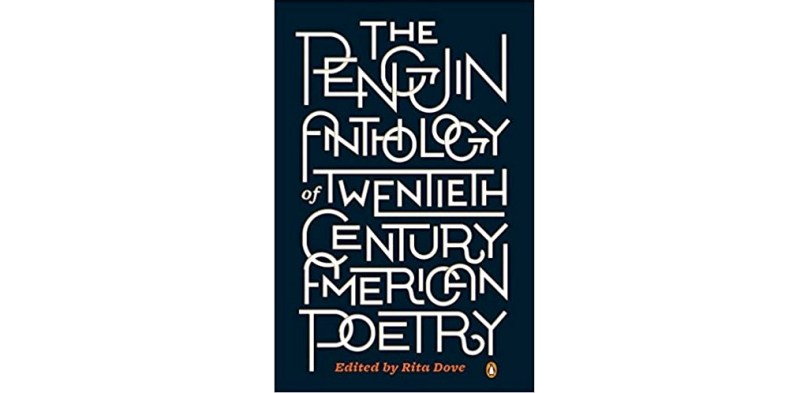
The Penguin Anthology of Twentieth-Century American Poetry
Sometimes you want to listen to an album straight through, especially if it’s “The Wall” or “In the Aeroplane Over the Sea.” Other times, you want a playlist. This “playlist” of excellent American poetry from the 1900s has Frost, Stein, Merwin, and more. If you want a great sense of the great writing from that storied century, add this book to the mix.
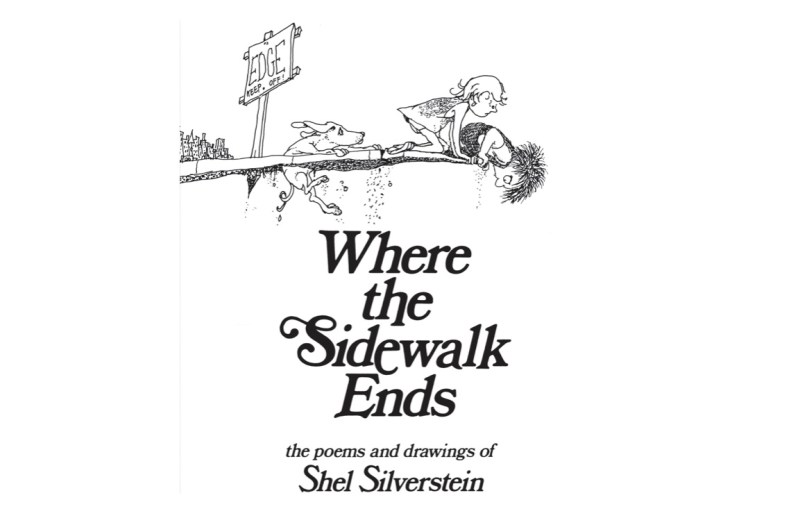
Where the Sidewalk Ends – Shel Silverstein
For the record, this is a book of poems for kids. If you have kids, you should have this book in your home. You should actually have all of Silverstein’s books in your home. Yes, some of the poems are a bit weird, a bit gruesome, a bit cringy, a bit over-the-top. But just as you enjoy Eliot, Cummings, and Whitman, your kids will enjoy Silverstein, just as you will.
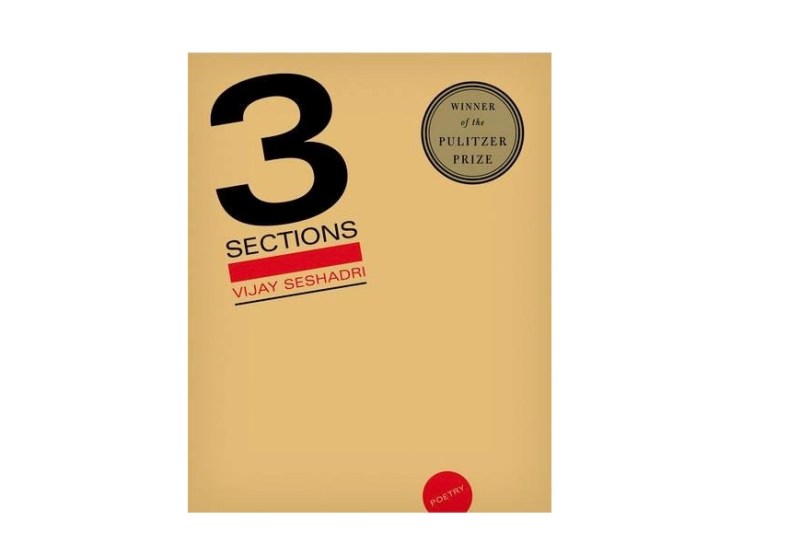
3 Sections – Vijay Seshdari
In this 2014 Pulitzer Prize-winning collection, Indian-American poet Vijay Seshdari used various approaches to language itself, at times using rhyming couplets, at times writing almost in prose. So, too, does the content vary, at times focused on the immigrant story, at times quintessentially American. His poetry feels entirely current today, as fresh as if just sharing it with us today. Quite likely, in the form of a latter-day Eliot, that will remain true for decades to come.
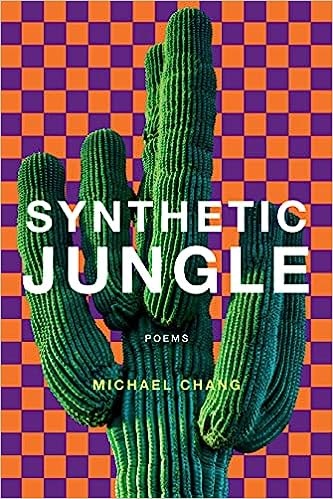
Synthetic Jungle: Poems – Michael Chang
If you want poetry that makes you cringe while laughing more than it makes you feel philosophical, then Synthetic Jungle: Poems by American poet Michael Chang is a must-read. Not all poetry has to make you think deep life thoughts with a weepy eye. Chang still discusses issues so relevant today, ranging from immigration and race to LGBTQ themes, but in a hilarious and quick-witted way. Read the poems out loud to truly appreciate the humor and tone Chang has created.
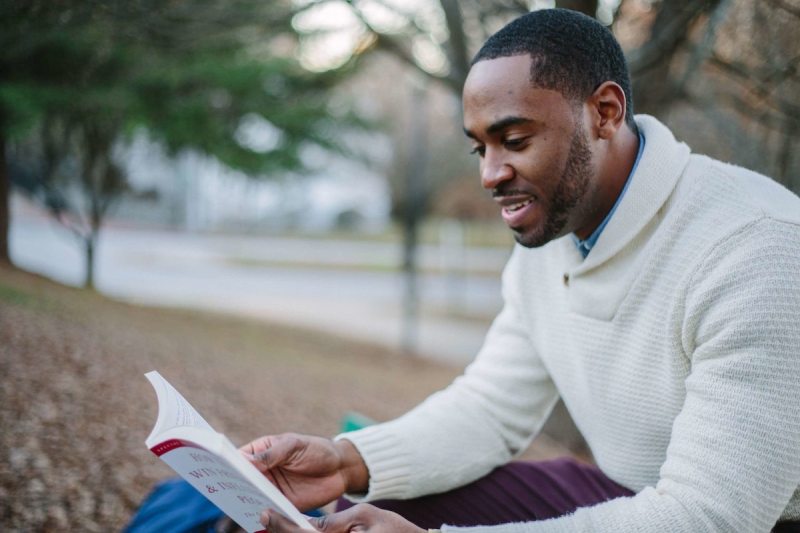
What is the most known poetry book?
Determining the “most known” poetry book in history is difficult due to the subjective nature of “known” and the vast cultural and linguistic variations across the globe. However, several contenders frequently appear in discussions of widely recognized and influential poetry collections, and here they are.
- The Epic Poems of Homer: The Iliad and The Odyssey, attributed to the ancient Greek poet Homer, hold immense historical significance. They are considered foundational works of Western literature, influencing countless writers and artists throughout history. Their enduring presence in various adaptations and references contributes to their widespread recognition.
- The Divine Comedy by Dante Alighieri: This epic poem by the Italian poet Dante, composed in the early 14th century, is a cornerstone of Western literature. Its exploration of themes like death, the afterlife, and morality resonates with readers across cultures, solidifying its position as a widely recognized work.
- The Complete Works of William Shakespeare: While not strictly a “poetry book,” Shakespeare’s extensive collection of plays and sonnets encompasses a vast amount of well-known and frequently quoted poetry. His linguistic mastery and exploration of timeless themes have cemented his place as a globally recognized figure in literature.
Poetry isn’t only for kids’ nursery rhymes or high school English class, or even that college elective you took just to graduate. Poets have created a world that will pull something out of your soul as much as your favorite song or movie. And, if you really don’t like reading, poems are the perfect way to exercise your brain without having to read War and Peace.



